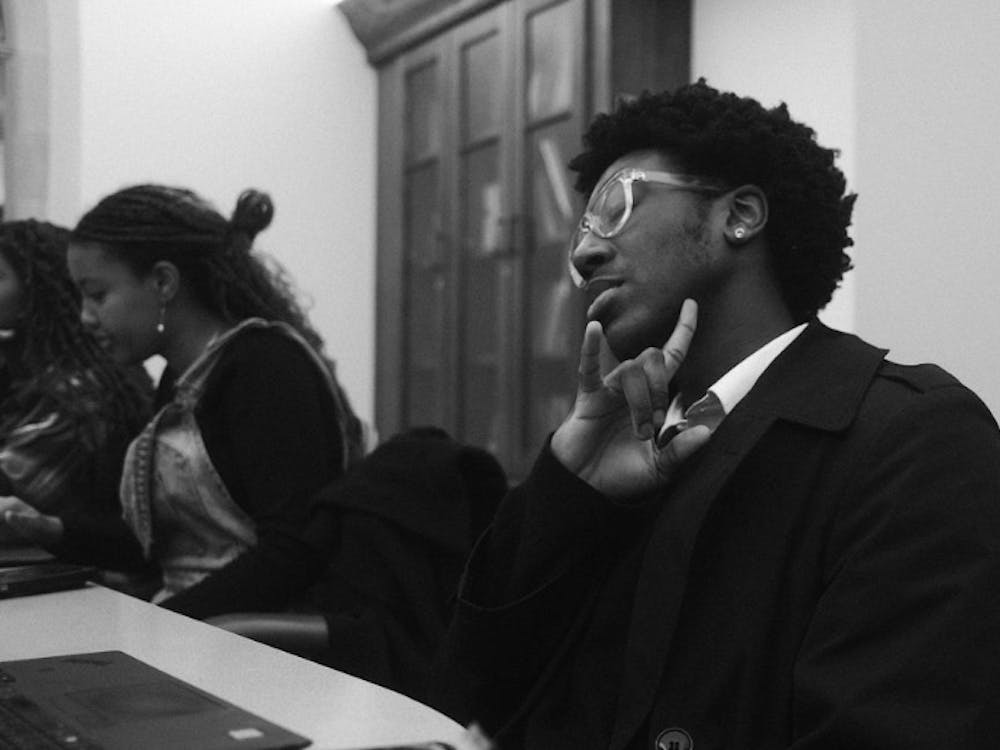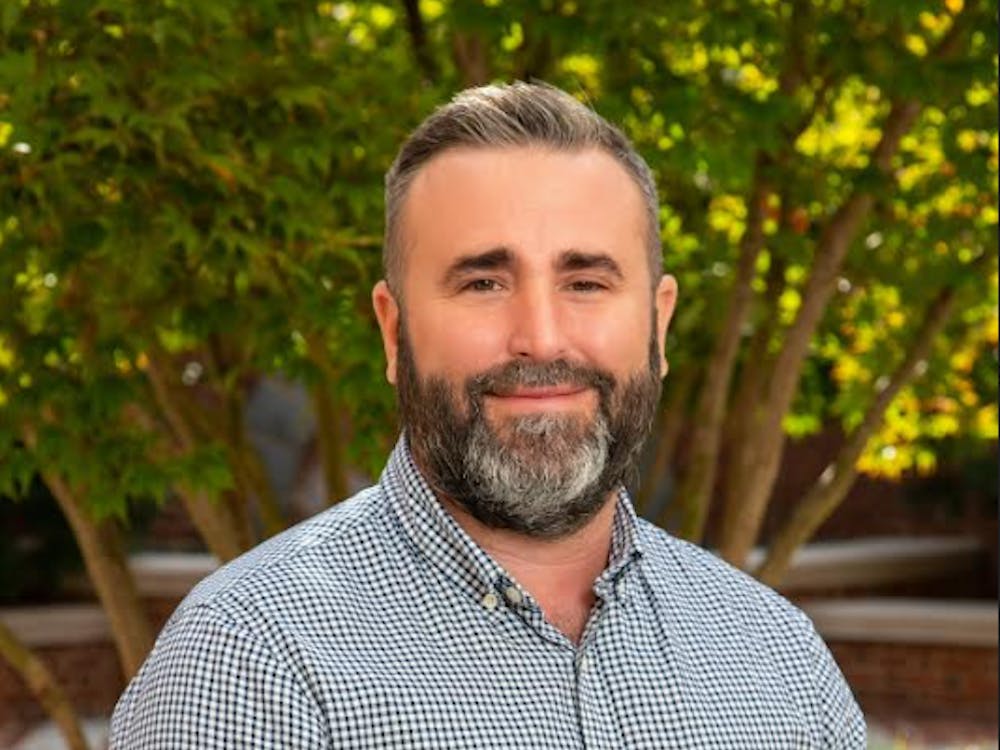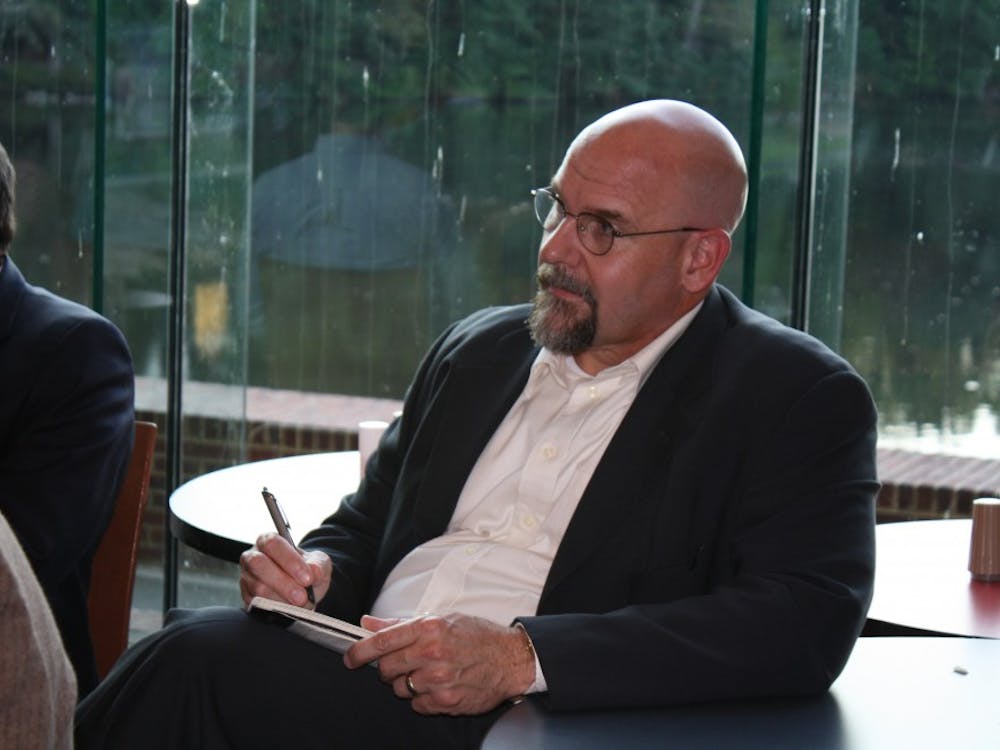A University of Richmond senior has recently embarked on an ambitious endeavor: ending world hunger.
Vladimir "Vlado" Hruda designed an online search engine to help end world hunger, which is his way of making the world a better place, he said.
The Web site, Hoongle.com, was launched Sept. 14. Use of its search engine, powered by Google, leads to the donation of 20 grains of rice per search through the UN World Food Program.
Hruda originally got his inspiration for Hoongle when he was volunteering in Guatemala for the Highland Support Project this summer. In Guatemala, he saw families who were considered middle-class but had 12 kids, a small plot of land, a small house and two chickens, he said.
"I saw a lot of injustice happening in the developing world," Hruda said. "I just thought about how great it is to be on a campus like Richmond."
At Richmond, you don't think about being hungry, Hruda said. But there are billions of people around the world who don't have access to clean water and who don't have food, he said.
"I was thinking, 'Gosh that's bad, I don't want them to suffer,'" Hruda said. "I want to do something significant about it."
Hruda said he wondered whether it was possible to use the Internet to help less fortunate people worldwide. He was browsing Google, which offers a new tool called "Google custom search" that allows people to come up with their own search engine based on Google's technology.
Hruda said he thought about how he could use this tool to help other people.
"When I put this all together, I came up with this idea," he said. "What if we take Google and transform it into social good?"
That's where Hruda's idea for Hoongle stemmed from. It's a rendering of Google, in which users receive the same quality of service as Google because it provides the same search results. It distinguishes itself because the Web site's design is different and it supports a social cause, which is the most important part of the project, Hruda said.
"You keep searching and use Hoongle the same way you use Google, in the same environment, with the same features, but you are doing something good," Hruda said.
Enjoy what you're reading?
Signup for our newsletter
Hruda signed up for the custom search service through e-mail, created a new account and a new product and linked it with Google.
He recruited some friends from home in Slovakia to help him with the Web site's design and coding, as well as senior David Whitehead to help him with marketing and promotion. The entire process took about a month to complete, he said.
"It really impressed me because it's something I never would have thought of, but it makes so much sense," said senior Luke Victor, who works with Hruda at the Career Development Center.
Hruda has worked really hard and he's very entrepreneurial, Victor said.
"He gets out and does things," he said. "He's a very intelligent guy but he's also down-to-earth and really wants to make an impact."
If Hruda could get every single user who is using Google to use Hoongle, he could save thousands and thousands of children's lives in places such as Sudan, Africa or South Asia, he said.
"The goal is to make a grassroots movement," he said. "To try to find people who like the idea and who are willing to promote it. We're looking for someone who can come and join this movement and try to spread the word."
Curently, Hruda thinks there are about 100 people using Hoongle, he said. They have gathered more than 75,300 grains of rice thus far, he said.
Whitehead has created a Facebook group and a MySpace group and is currently working with Hruda on a YouTube video.
One of the challenges of creating the Web site is getting friends' friends to use it, and then spread the word, he said.
"Getting it past that second stage of marketing is the most difficult part," Whitehead said.
Another challenge is balancing schoolwork and an outside project, Whitehead said. He and Hruda are currently updating the Web site, and trying to add more options to it, he said.
"We're not trying to compete with Google, but we're trying to extend its method of searching and what it has to offer," he said.
If this Web site goes well, Hruda said he would love to look into different Web sites that could be used for social causes. Hruda is interested in using technology as a tool and thinks there is huge potential in Facebook because it's a community of 100 million people, he said.
Said Hruda: "If we could transfer it into 100 million people changing their habits, there could be a big difference in the world."
Contact reporter Taylor Engelson at taylor.engelson@richmond.edu
Support independent student media
You can make a tax-deductible donation by clicking the button below, which takes you to our secure PayPal account. The page is set up to receive contributions in whatever amount you designate. We look forward to using the money we raise to further our mission of providing honest and accurate information to students, faculty, staff, alumni and others in the general public.
Donate Now


